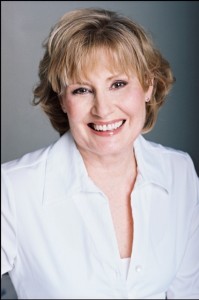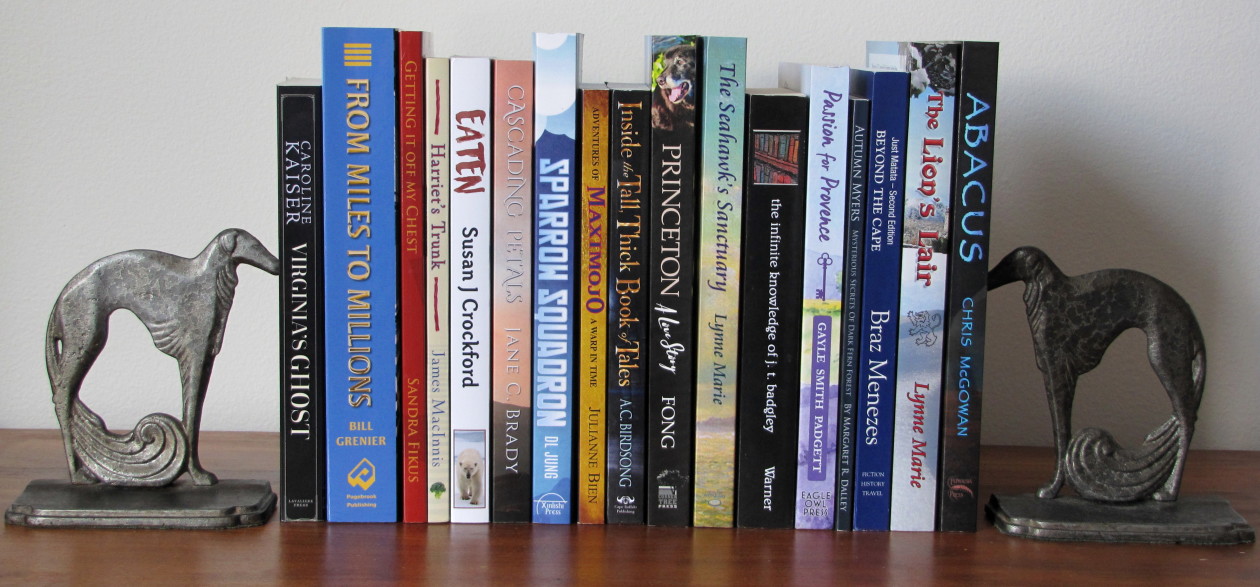Recently, I signed on to read an excerpt from the novel I’m writing, Virginia’s Ghost, at the July 21st meeting of the Writers and Editors Network (WEN). It’s been eons since I’ve read anything before an audience. I’ve often thought that apart from dealing with the inevitable frayed nerves, reading in public seems straightforward enough. You don’t have to memorize anything, so mostly what you need to do is just get up there and read as expressively as you can, right? Is that really so hard?
I learned how woefully ignorant I was about public-speaking techniques this past weekend when I attended a workshop given by Heather Dick of the Sirius Theatrical Company called Speak! Capture! Empower! The day-long workshop is specifically designed for authors and other speakers who read in public. The goal is to discover how you can best grab and hold the attention of your listeners. When Heather first told me about the workshop, I was eager to sign up and learn how I could “lift the words off the page” (as she likes to say) and successfully avoid prompting my listeners to catch up on their sleep.

I instinctively knew that Heather’s workshop would be well worth my while. She is a vibrant woman who sparkles with energy, humour, and confidence, and if anyone could transmit public-speaking smarts to me, it would be her. I also knew that she seriously (or siriusly, if you’ll pardon the pun) knows her stuff. After all, Heather has acted in, directed, or produced more than seventy shows across Canada, has numerous film and TV roles to her credit, and has been teaching acting for twenty-five years. And in 1989, she started the Sirius Theatrical Company.
One of the things we talked about in Heather’s workshop was freeing our voices. Stress and other factors that have accumulated throughout our lives limit our voices, so it’s no wonder they often sound weak and strained. What to do? We learned a series of exercises designed to free our muscles so that we can in turn free our voices and realize their full potential. We also learned how to breathe naturally and to balance ourselves properly to support our voices. We practised our diction by reading Gilbert and Sullivan lyrics, and learned how to interpret text by reading poetry, employing many tools that would increase the power and expressive quality of our words. As well, we reviewed the texts we’d brought to read, marking them up in ways that would aid our reading.
Then the time came to take the stage and practise our text before a small audience of workshop participants. But first, we learned how to cope with both a microphone and our pages of text, which was not as easy as it sounds. Next, Heather reviewed how to best make the sort of entrance that would immediately engage an audience, which was something I’d never given any thought to before. As well, we learned how to make a gracious exit.
When I got up to do my reading, I felt the tension tightening in my chest and the butterflies fluttering in my stomach, but I remembered Heather’s instructions about what to do before starting, and gradually the stress dissipated. I know that my voice faltered here and there, and that I read some passages too slowly and didn’t always manage to convey the depth of feeling I was after, but I certainly did much better than I would have without Heather’s instruction. And what’s more, once I got rolling and fell into the rhythm of my words, I was having a blast. Even better, I now have an array of wonderful, shiny new public-speaking tools at my disposal that I can use when practising my text for the big day. When July 21st rolls around and I’m called upon to take the stage, I’ll definitely be ready.

 Follow
Follow